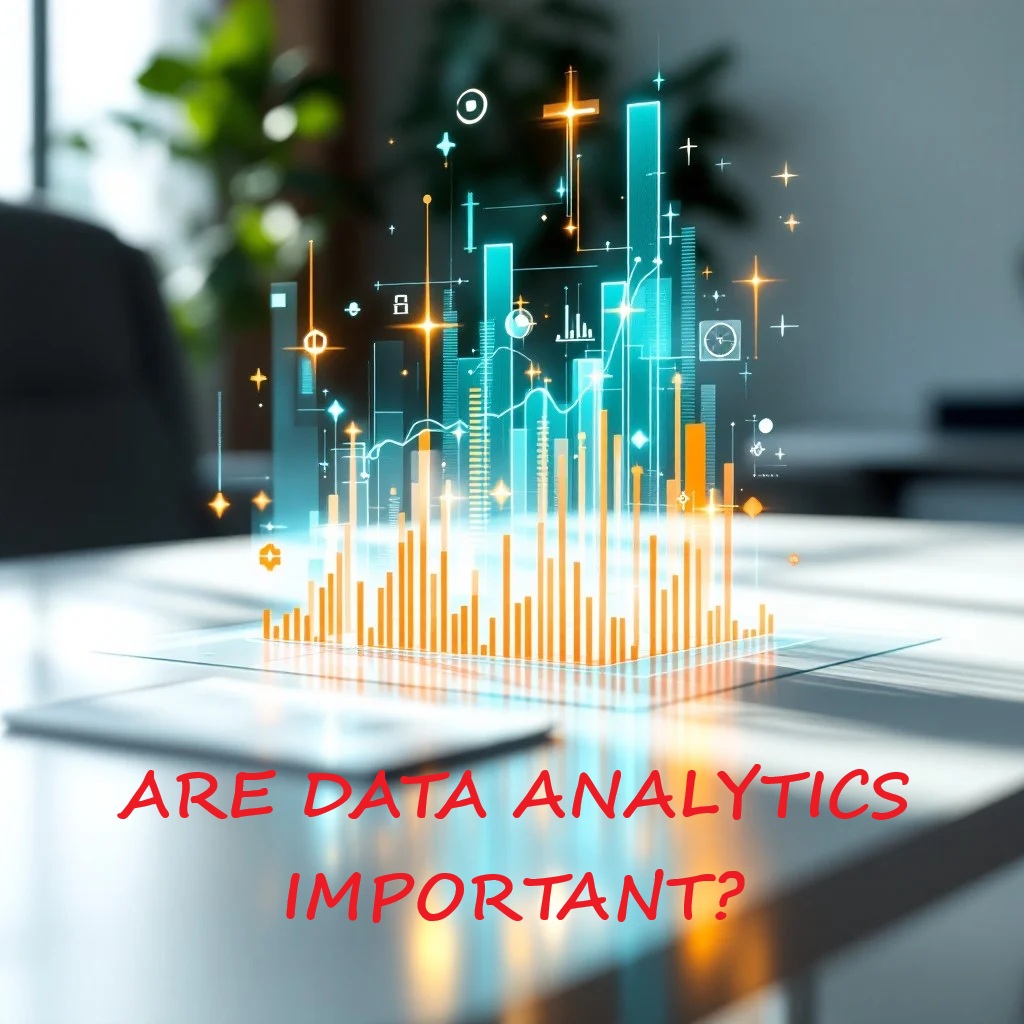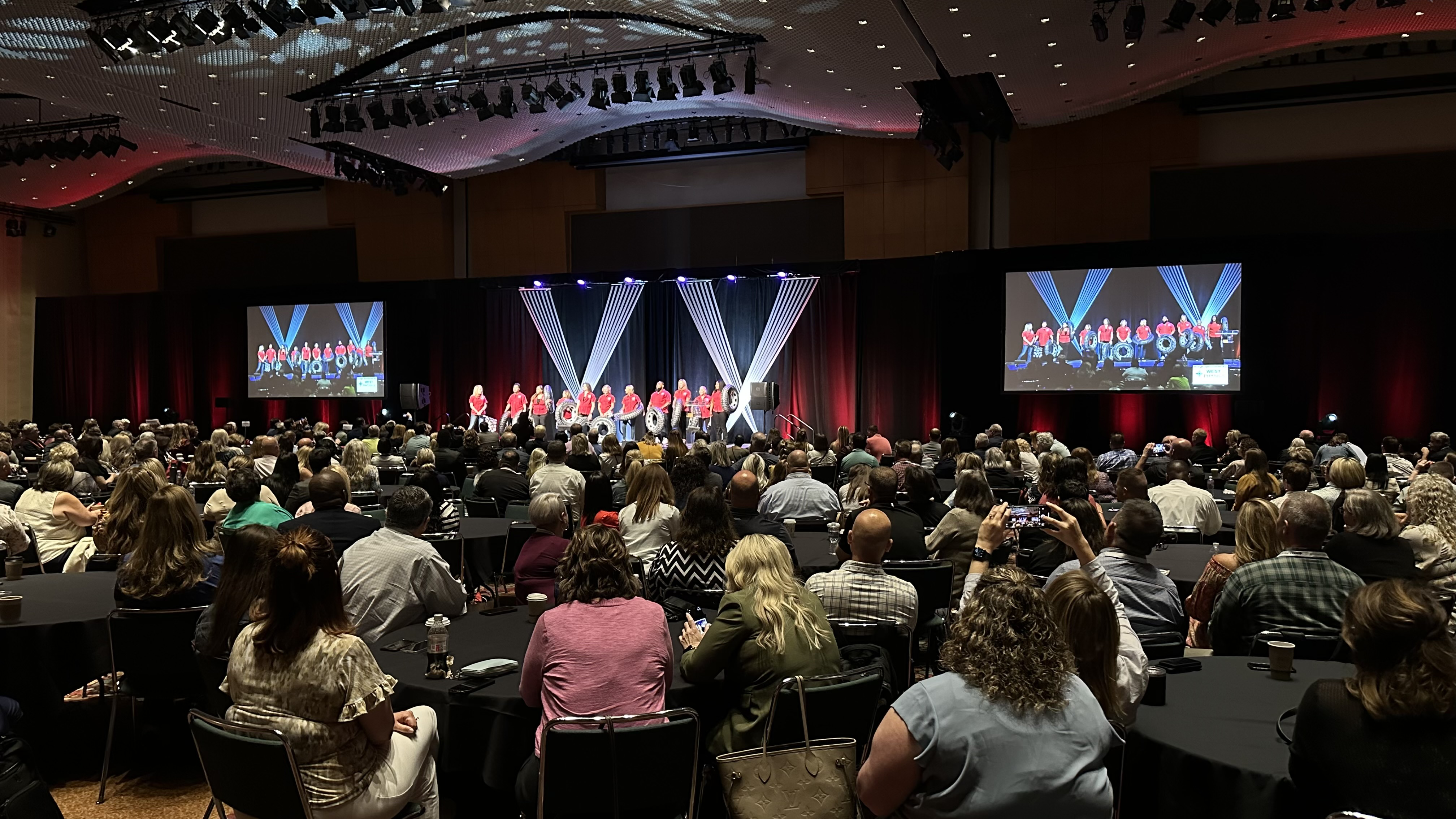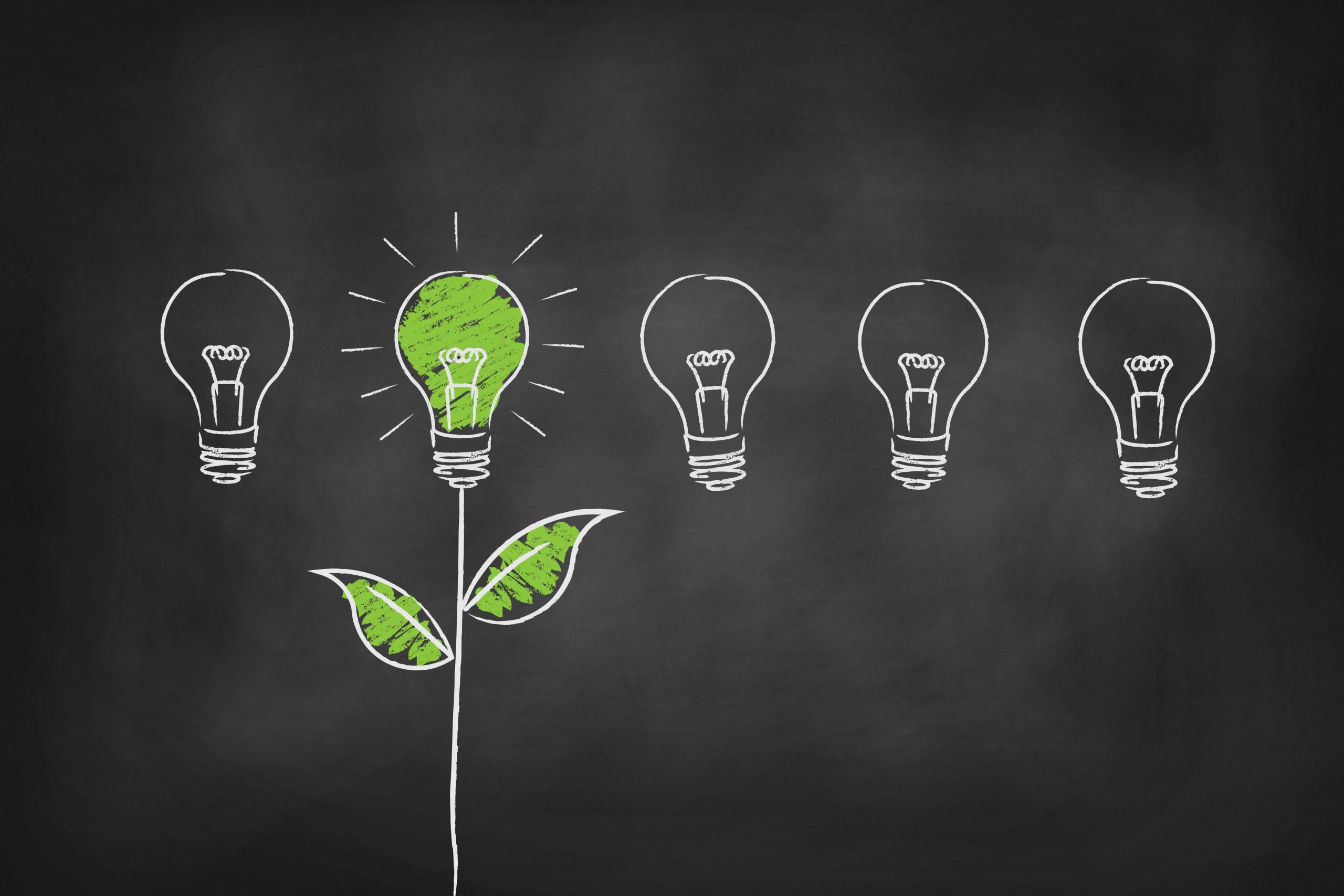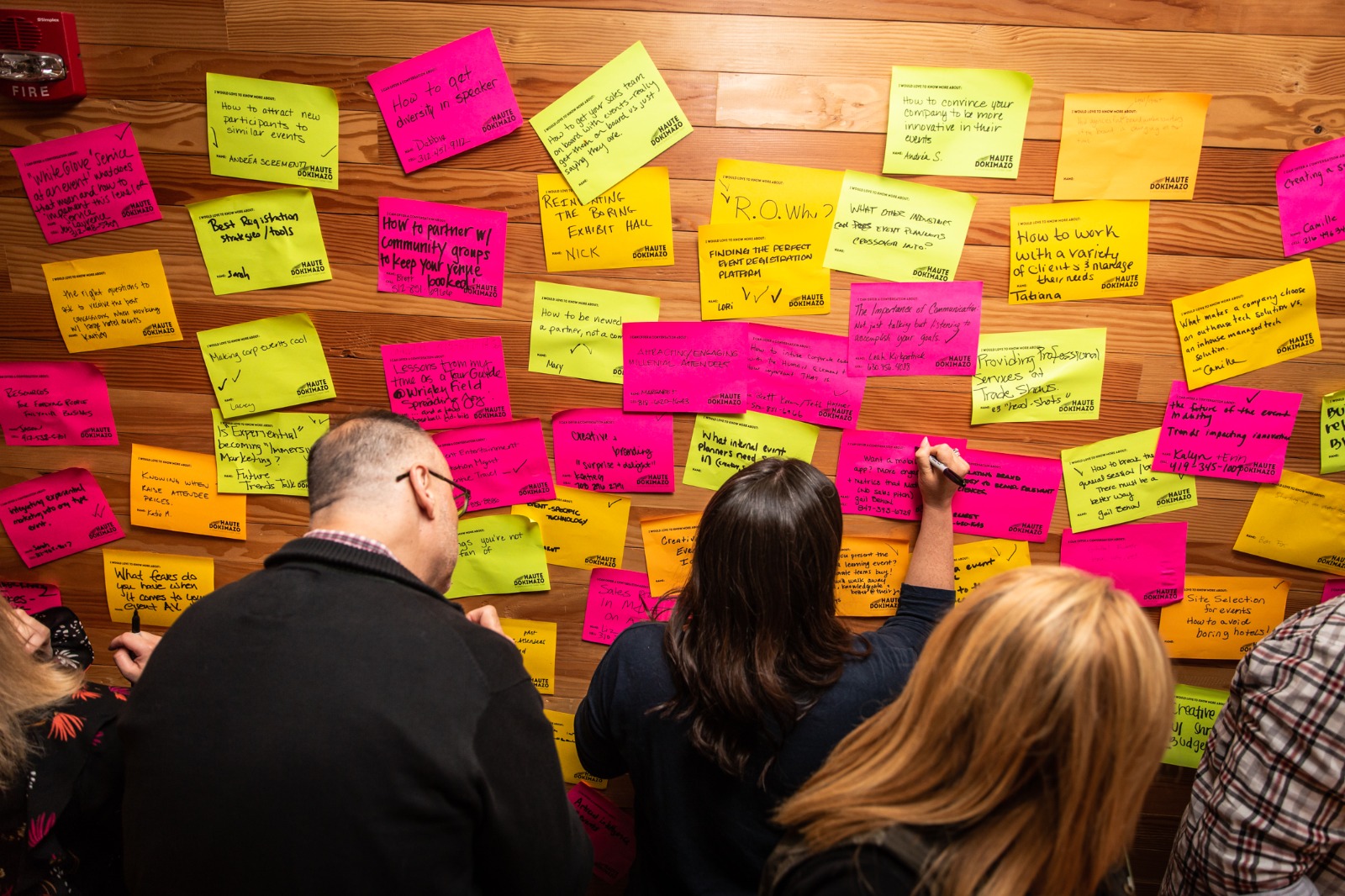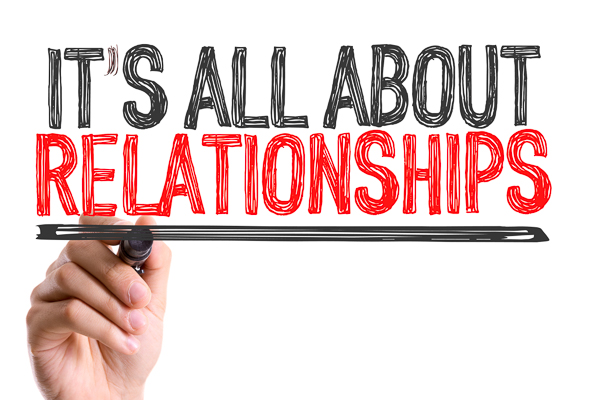Effective event data analytics begins with setting clear goals and identifying key performance indicators that align with your objectives. Establish multiple data collection touchpoints throughout the event journey, including registration systems, mobile apps, badge scanners, and post-event surveys to capture comprehensive attendee behavior. Implement real-time analytics dashboards to monitor engagement metrics during the event, allowing for immediate adjustments to improve attendee experience. After the event, combine qualitative feedback with quantitative metrics to develop actionable insights, and leverage advanced analytics tools to identify patterns, segment attendees, and create predictive models for future events. Finally, create standardized reporting templates that translate raw data into accessible insights for stakeholders, focusing on trends that drive strategic decision-making rather than overwhelming them with excessive metrics.
Several platforms provide data analytics solutions specifically tailored for events. Some popular options include EventPro, Bizzabo, Bear Analytics, EventsAir, and Amplitude. These platforms offer features like real-time data dashboards, key performance indicator tracking, and personalized analytics to help event organizers gain insights into their events.
